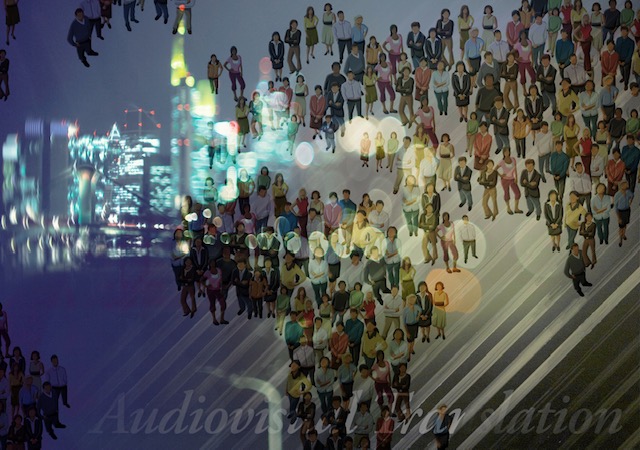Emanuele Trevi e il ritratto eccezionale
DOI:
https://doi.org/10.13133/2239-1983/18246Abstract
The article analyses the close relationship that in the literary production of Emanuele Trevi is established between the sense of individual uniqueness, the literary and photographic form of the portrait and death. The singularity is represented by personalities of writers and artists (Garboli, Patten, Rosselli, Carbone, Pera) each one exceptional in his or her own way and truly unique. These figures, symbol of the status of exception, are chosen as guides able to subtract the destiny of the narrator from the grip of the impersonality of Life as an anonymous-collective dimension and inertial mechanism. The artistic form chosen by the author in order to acknowledge this uniqueness is the portrait, especially where it is the post-mortem portrait, which definitively ratifies the unrepeatable physiognomy of the subject. Within these coordinates there are thematic cores (the amicable relationship, the gift) and a series of literary-philosophical references founding Trevi’s laboratory, from Giacomo Leopardi to Pier Paolo Pasolini, from Saul Bellow to Philip Roth and from Plato and Aristotle to James Hillman.
Downloads
Published
Versions
- 2024-01-03 (2)
- 2022-12-23 (1)
How to Cite
Issue
Section
License
Gli autori che pubblicano su questa rivista accettano le seguenti condizioni:- Gli autori mantengono i diritti sulla loro opera e cedono alla rivista il diritto di prima pubblicazione dell'opera, contemporaneamente licenziata sotto una Licenza Creative Commons - Attribuzione che permette ad altri di condividere l'opera indicando la paternità intellettuale e la prima pubblicazione su questa rivista.
- Gli autori possono aderire ad altri accordi di licenza non esclusiva per la distribuzione della versione dell'opera pubblicata (es. depositarla in un archivio istituzionale o pubblicarla in una monografia), a patto di indicare che la prima pubblicazione è avvenuta su questa rivista.
- Gli autori possono diffondere la loro opera online (es. in repository istituzionali o nel loro sito web) prima e durante il processo di submission, poiché può portare a scambi produttivi e aumentare le citazioni dell'opera pubblicata (Vedi The Effect of Open Access).


